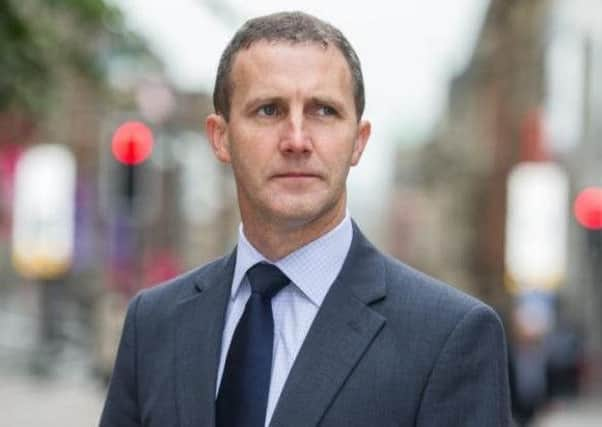Less than half '˜revenge porn' cases in Scotland reach courts


The figures, released to the BBC under Freedom of Information laws, relate to the sharing of non-consensual intimate images July and December last year.
Over this period Police Scotland received 225 complaints, but only 89 were classed as “detected” or ready to be referred to the courts, with the force acknowledging that some cases were “very complex”.
Advertisement
Hide AdAdvertisement
Hide AdThe Abusive Behaviour and Sexual Harm Act, which made it an offence to disclose, or threaten to disclose, intimate images or video without consent, came into force in Scotland last summer.
The legislation was created in response the rise of “revenge porn”, where pictures and videos of a victim are shared online without their consent. Those convicted face up to five years in prison.
The Police Scotland data shows that 92 per cent of victims are female, with 42 per cent aged in their 20. A fifth of reports included teenage victims, with 15 per cent involving under 16s.
Facebook and Facebook Messenger were the most common means used to share intimate content, with photos far more common than videos. Most files (60 per cent) were shared by former partners.
Detective Superintendent Gordon McCreadie, Police Scotland’s national lead for domestic abuse, said the force was “content” with the detection rate of 39 per cent as it is in line with the UK national average.
But he added that the issue could be a “very complex matter” to investigate, with much depending on the type of technologies used by both the perpetrator and the victim.
Susan Jack, a training and development worker with Glasgow’s Women’s Aid, said that the low detection rate was “disappointing” as it took courage from victims to come forward.
Justice Secretary Michael Matheson said: “The impact of sharing intimate images can be hugely damaging and there is no place for it in our society.
Advertisement
Hide AdAdvertisement
Hide Ad“That is why the Scottish Government brought forward legislation so those convicted of disclosing, or threatening to disclose, an intimate photograph or film may receive a custodial sentence of up to five years imprisonment.”